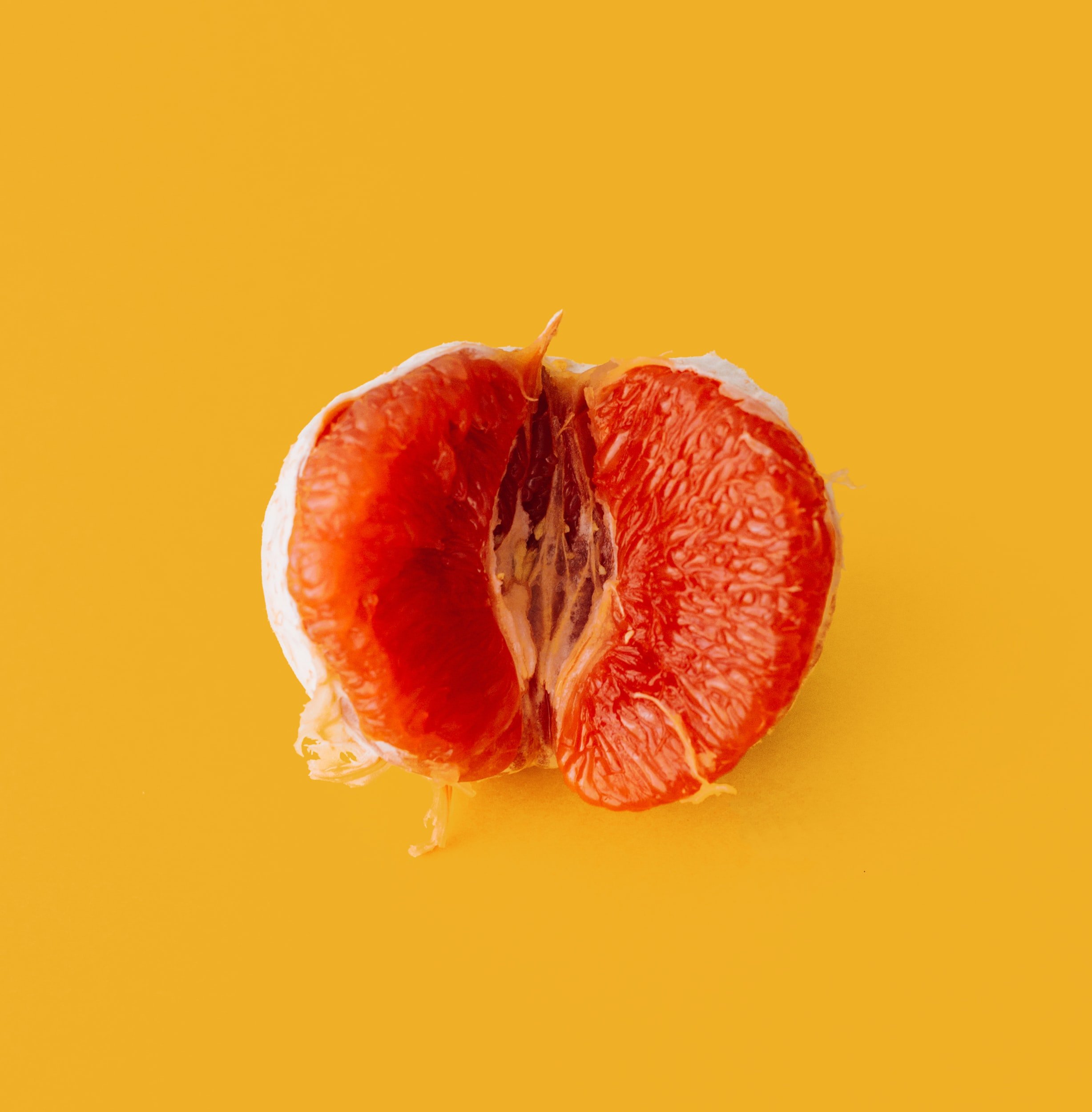Modern-day Period Poverty Is More Common Than You Realise
By Jessica Taylor
In this blog, Jessica Taylor, who has a master's in public health, explains more about period poverty. But don’t worry if you haven’t explored this subject before:
Period poverty is when individuals lack access to menstrual hygiene products, such as tampons and sanitary pads, due to financial constraints.
And despite the growing spotlight shone on this public health issue and subsequent government action, period poverty continues to adversely affect the lives of far too many teenagers and adults who menstruate.
What has been done about period poverty in the UK?
In 2019, the UK Government commissioned a white paper to uncover the extent to which period poverty affects teenage girls.
The results were staggering;
5% of teenage girls reported missing school due to a lack of access to sanitary products
10% didn’t attend school due to embarrassment about their period.
Clearly the effects of period poverty and stigma negatively impact school attendance and academic achievement.
Since then, the UK government has pledged to end period poverty by 2030:
The ‘tampon tax’ – the 5% VAT applied to disposable sanitary products – was abolished in January 2021.
In England, the Department of Education has introduced a period product scheme in schools and colleges to offer free products to students.
Devolved governments in Wales, Scotland and Northern Ireland have established free period product schemes and invested money into tackling this issue.
Yet, despite government action across the UK, period poverty now worryingly affects more people than it did in 2019.
Period poverty is still an ever growing problem today
In 2021, the researchers from the 2019 white paper went back to girls in schools and colleges. Alarmingly, the percentage of girls who missed school due to lack of access to sanitary products had almost tripled to 14%. Missing school due to embarrassment about their period had also increased to 18%. Research as shown accessing period products during the pandemic was a challenge for 85% of those surveyed, with 30% stating this was due to financial constraints.
Even though the pandemic restrictions have eased, it appears that period poverty is continuing to grow in 2022.
Bloody Good Period are a charity that supply period products to people who cannot afford them. Data from the charity shows demand for their services was 78% higher in the first quarter of 2022 compared to the same period in 2020. The cost of living crisis that is grappling the UK has led to energy, fuel and food prices to increase, leaving many to tighten their spending budgets.
As a result, hygiene products such as period products can be seen as a luxury that cannot be afforded rather than the staple item all should have access to.
People accessing ‘hygiene banks’ – similar to food banks but for those who cannot afford hygiene products - is on the rise.
Period poverty can put the health of those affected at risk.
A survey in 2020 found 27% of girls in school had used menstrual products longer than its intended use. Using tampons for too long puts users at risk of Toxic Shock Syndrome, which can be fatal. In the same survey, 45% said they had used makeshift products such as socks or newspaper, which carries a heightened risk of infections and skin irritation.
If you or someone you know needs help accessing period products, they can be accessed for free in the following places:
PickupMyPeriod App shows users where period products can be accessed for free across Scotland
Schools and colleges across the UK
Morrison’s supermarkets offer a discrete package of sanitary towels to anyone who asks for ‘Sandy’ or a ‘period product pack’ at the customer service desk
Food banks across the UK stock hygiene products
If you want to help out
Hygiene Banks and Beauty Banks have drop off locations across the UK, including in Boots and Superdrug stores
Include period and hygiene products in your food bank donation – most large supermarkets have a drop off point
You can support the work of Bloody Good Period, Period Poverty, and Freedom4Girls which are all fighting period poverty and supporting those affected by it
ABOUT JESSICA TAYLOR:
Jessica works within public health, and has a master's in public health from the University of Manchester. She is interested in the impacts of the wider determinants of health throughout society, and the ways non-medical interventions can promote the physical and mental wellbeing of people. As a keen long-distance runner, Jessica also has particular interests in nutrition and gut health, exercise physiology and promoting a body-neutral, holistic approach to wellbeing.
Connect with Jessica on Instagram here.


